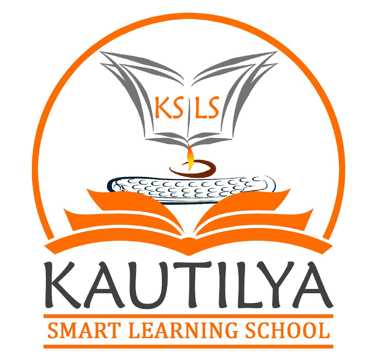The Balance Between Comprehensive Education and Job-Oriented Learning
Bholanath Patraa
3/21/20252 min read


Education is the cornerstone of personal and societal development. However, in today's fast-paced world, the way we approach education has taken two distinct paths: learning for overall future development and learning solely for job opportunities. Unfortunately, many parents today are overly focused on job-oriented education, often neglecting the holistic development of their children. Understanding the differences between these two approaches is crucial in shaping a well-rounded individual and a progressive society.
1. Education for Overall Future Development
Education for overall development goes beyond acquiring knowledge for employment. It encompasses critical thinking, creativity, emotional intelligence, ethical reasoning, and a lifelong learning mindset. This approach focuses on:
Holistic Growth: Encourages intellectual, emotional, and social development.
Adaptability: Equips individuals with skills to navigate a rapidly changing world.
Innovation and Problem-Solving: Promotes curiosity and the ability to tackle challenges creatively.
Lifelong Learning: Instills a passion for continuous learning, leading to personal and professional fulfillment.
Global Citizenship: Fosters empathy, cultural awareness, and responsibility toward society and the environment.
Individuals who pursue education for overall growth often find success in multiple domains of life. They are better equipped to adapt to changing job markets, build strong interpersonal relationships, and contribute meaningfully to their communities.
2. The Modern Parental Mindset: Job-Oriented Learning
In today’s competitive world, many parents focus primarily on job-oriented education, believing that securing a high-paying job is the ultimate goal of learning. While financial stability is important, this mindset has several drawbacks:
Skill-Specific Training: Parents push children toward careers perceived as lucrative, often ignoring their interests and talents.
Short-Term Focus: Education is seen as a means to an end—employment—rather than a lifelong journey.
Limited Scope: Children may not develop the adaptability needed to thrive in a dynamic job market.
Stress and Pressure: Excessive focus on grades, exams, and career-oriented subjects often leads to anxiety and burnout.
Lack of Soft Skills: Critical thinking, creativity, and interpersonal skills are often neglected in favor of rote learning and technical knowledge.
While job-oriented learning is necessary, it should not be the sole focus of education. A blend of both approaches ensures long-term career success and personal fulfillment.
Striking the Right Balance
The ideal educational approach is one that integrates both personal development and career readiness. Parents, educators, and society must work together to achieve this balance:
Encourage Critical Thinking: Schools and universities should foster creativity, inquiry, and analytical skills alongside technical education.
Promote Lifelong Learning: Education should not end with a degree or certification but should continue through self-learning and professional development.
Develop Soft Skills: Communication, leadership, and emotional intelligence are just as important as technical expertise.
Diversify Learning Sources: Online courses, workshops, mentorship, and real-world experiences should complement formal education.
Emphasize Values and Ethics: Success is not just about financial gains but also about integrity, social responsibility, and personal fulfillment.
Parental Awareness: Parents must shift their perspective and encourage their children to explore diverse skills and passions beyond job security.
Conclusion
A well-rounded education should not be confined to getting a job; it should aim at developing an individual's full potential. While learning specific job-related skills is essential, it is equally important to cultivate curiosity, adaptability, and lifelong learning habits. Parents must recognize that education is not just about securing employment but about nurturing well-rounded individuals who can thrive in various aspects of life. By striking a balance between these two approaches, children can lead meaningful and successful lives, benefiting both themselves and society as a whole.
Comprehensive Education vs. Job-Oriented Learning:
Understanding the Difference
Welcome
Experience the best in English medium primary education.
Contact
info@kautilyasmart.com
9100338555
© 2015. kautilya smart learning school. All rights reserved.
Chakapad
Bellaguntha
9348707715
